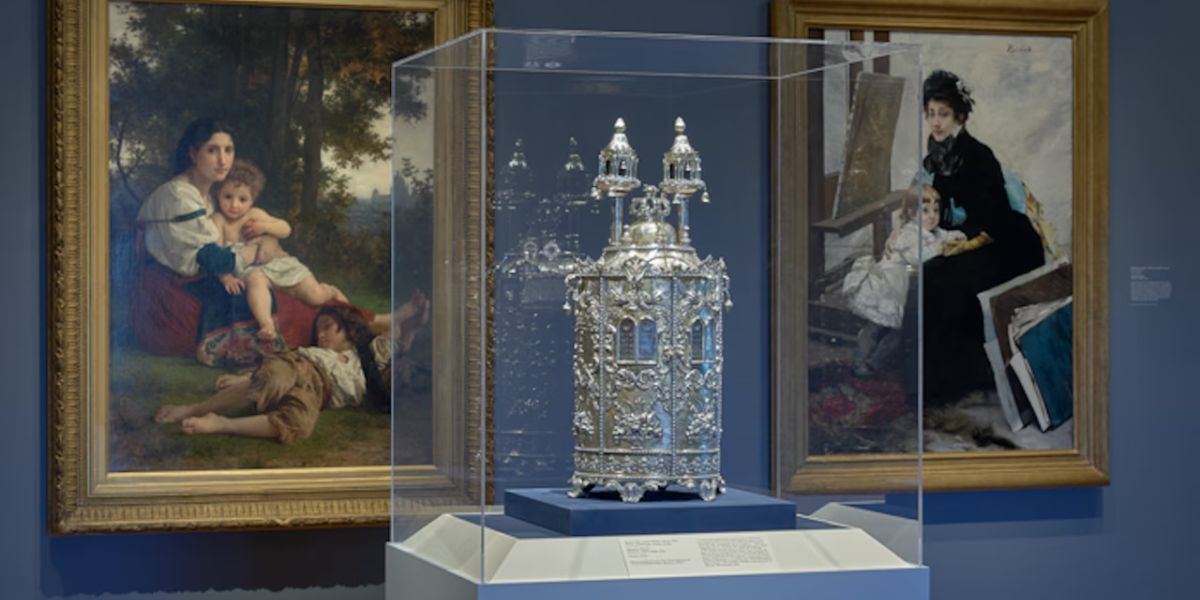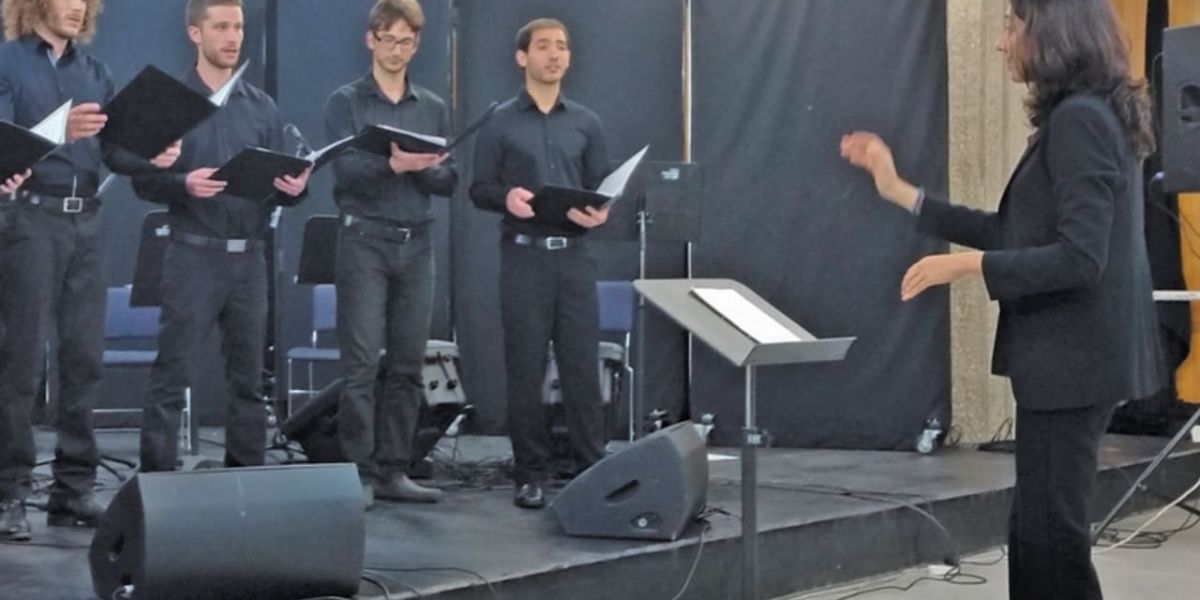Jewish filmmakers across Asia are breaking new ground in cinema by blending their rich cultural history with the diverse storytelling traditions of the region. As they adapt and innovate, they are not only preserving Jewish heritage but also reshaping the cinematic landscape with fresh perspectives, unique narratives, and innovative techniques. From documentary filmmaking to fiction, Jewish directors are creating works that resonate with both Jewish and global audiences, making their mark on the world’s most influential film industries.
Jewish Filmmakers Breaking into Asian Cinema
Over the past few years, a wave of Jewish filmmakers has emerged across Asia, using the medium of film to share stories about identity, history, and culture in ways never seen before. These artists draw inspiration from both the Jewish experience and the varied cultural contexts of their new homes in Asia.
Table of Contents
Take David Rosenberg, an Israeli filmmaker based in Hong Kong, whose debut feature “Echoes of Silence” explores the struggles of Jewish immigrants in the modern world. “As someone raised between two cultures, I always felt a deep connection to both my Jewish roots and the city I call home,” Rosenberg says. His film portrays the immigrant experience through a Jewish lens while tackling universal themes of alienation, belonging, and the search for meaning.
Rosenberg’s work exemplifies the broader trend of Jewish filmmakers blending their heritage with local experiences in Asian countries. By doing so, they are producing films that resonate not only with Jewish communities but also with audiences who may have never previously encountered Jewish stories.
Documentaries that Bridge Cultures
Jewish filmmakers in Asia have also made an impact in the world of documentary filmmaking. One notable example is Sara Feldman, whose documentary “Beyond the Wall: Jewish Life in China” delves into the history of the Jewish community in Kaifeng, China. The community has existed for centuries, yet their stories remain largely untold in the broader discourse of Jewish history.
Feldman’s film offers an eye-opening perspective on how Jewish culture has adapted and thrived in one of Asia’s most populous countries. By focusing on the personal stories of Kaifeng’s Jewish descendants, she not only preserves an important aspect of Jewish heritage but also creates a cultural dialogue that connects Jewish history with the broader Asian narrative.
For Feldman, the goal is simple: “My documentary aims to highlight the intersection of two great civilizations—Jewish and Chinese—and how they have coexisted and influenced each other for generations.”
Cinematic Collaborations and Cross-Cultural Storytelling
One of the defining characteristics of Jewish filmmakers in Asia is their ability to collaborate with local talent, bringing diverse cultural narratives to the forefront. These collaborations are breaking new ground and creating opportunities for Jewish filmmakers to integrate deeply into the Asian film industry.
In Singapore, Jewish director Eliab Cohen teamed up with local filmmakers to produce “The Last Prayer,” a drama set in a small Singaporean neighborhood during the lead-up to Ramadan. The film beautifully blends Jewish and Muslim perspectives, exploring themes of faith, tolerance, and interreligious dialogue.
“This project was incredibly meaningful to me because it allowed me to connect my Jewish identity with Singapore’s multicultural society,” Cohen explains. “The richness of this place, with its blend of cultures and faiths, made it the perfect backdrop for a story about connection and understanding.”
Through such collaborations, Jewish filmmakers in Asia are fostering new dialogues between cultures, creating cinematic experiences that reflect the multicultural reality of modern-day Asia.
Facing the Challenges of Representation
While Jewish filmmakers have found success in Asia, they still face significant challenges in terms of representation and recognition. Unlike Hollywood or European cinema, Jewish narratives are often underrepresented in mainstream Asian media.
In places like China, Japan, and even India, the concept of Jewish identity may not be as readily understood, and filmmakers may struggle to find an audience for their work.
However, Talia Hirsch, a filmmaker and scholar at the University of Hong Kong, believes the growing interest in global cinema presents a unique opportunity for Jewish filmmakers to bridge these gaps. “Asian audiences are more open than ever to diverse narratives,” she says. “As the market for international films grows, there’s a greater appreciation for minority stories, including Jewish ones. It’s all about educating the audience and providing them with access to our history and culture through storytelling.”
The Future of Jewish Cinema in Asia
As Jewish filmmakers continue to carve out a space in Asian cinema, the potential for their work to evolve is boundless. The next wave of Jewish films will likely include even more diverse narratives, combining Jewish themes with elements of Asian mythology, history, and contemporary issues.
Additionally, the rise of streaming platforms is providing Jewish filmmakers with new opportunities to reach global audiences, especially those in Asia who may not have access to their work in traditional cinemas. This allows for greater exposure, wider distribution, and the ability to connect with audiences who are eager for fresh, diverse stories.
“Cinema is a powerful tool for connection,” says Rachel Simons, a New York-based filmmaker whose work is gaining traction in Asia. “The stories we tell as Jewish filmmakers are not just for us—they’re for everyone who believes in the power of storytelling to shape the future.”
As the visibility of Jewish filmmakers in Asia continues to rise, so too does the chance for these artists to redefine cultural narratives, blending Jewish traditions with Asian influences to create a cinematic experience that is truly unique and universal.










